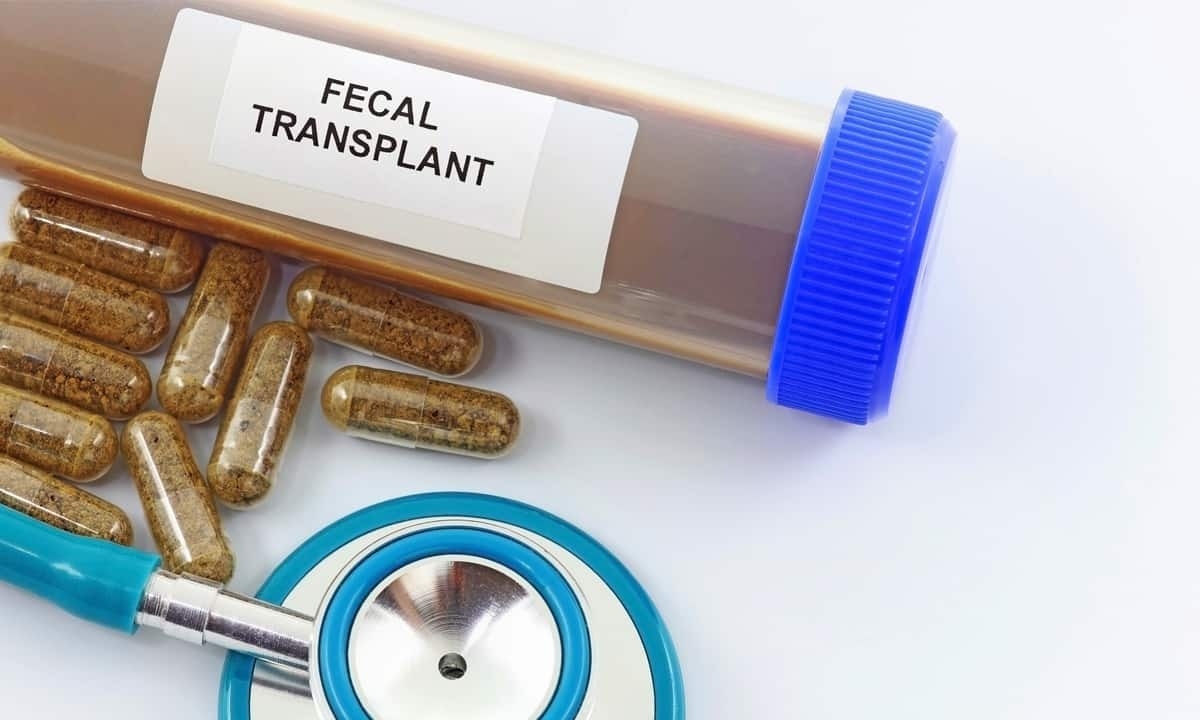Calls for Ukraine
Calls for Europe
Calls for USA

A recently published study from Aarhus University Hospital shows that fecal microbiota transplantation (FMT), a technique in which gut bacteria from healthy donors are transplanted into patients, may be safe and effective for treating patients with type 1 diabetes and gastroenteropathy.
The findings are published in the journal eClinicalMedicine.
Diabetic gastroenteropathy affects up to a quarter of all patients with type 1 diabetes, often causing debilitating symptoms such as nausea, vomiting, abdominal bloating and diarrhea. These symptoms result from nerve damage that affects intestinal motility and the composition of the gut microbiota. Despite the seriousness of the problem, treatment options remain limited.
“After FMT, patients experienced significant improvements in quality of life and symptoms far exceeding what we observed with placebo. This is the first time FMT has been tested in this particular group of patients using placebo as a control. The results look very promising,” says Katrine Lundby Høyer, lead author of the study, a postdoctoral fellow at the Department of Clinical Medicine at Aarhus University and MD at the Department of Hepatology and Gastroenterology at Aarhus University Hospital.
The study enrolled 20 patients who were randomly assigned to receive either a single dose of capsules containing donor feces or a placebo. Four weeks later, all participants were injected with donor feces. The results showed the following:
FMT is already known to be an effective treatment for Clostridioides difficile infections, but in patients with diabetic gastroenteropathy this is the first time this method has been tried. The study found the treatment to be safe and effective, offering hope to a group of patients with few other options.
“For some patients, this treatment means they can regain control of their daily lives. The method has great potential and we hope to repeat the study on a larger scale to provide help to more patients,” says Høyer.
The findings mark an important step forward in the treatment of diabetic gastroenteropathy. However, the researchers emphasize that further studies are needed to identify long-term effects and determine which patients will benefit most from the treatment.
“We now need to study how to implement this treatment on a larger scale and make it available to patients with the greatest needs,” says Klaus Krogh (Klaus Krogh), professor and chief physician at the Department of Hepatology and Gastroenterology.
Please rate the work of MedTour
